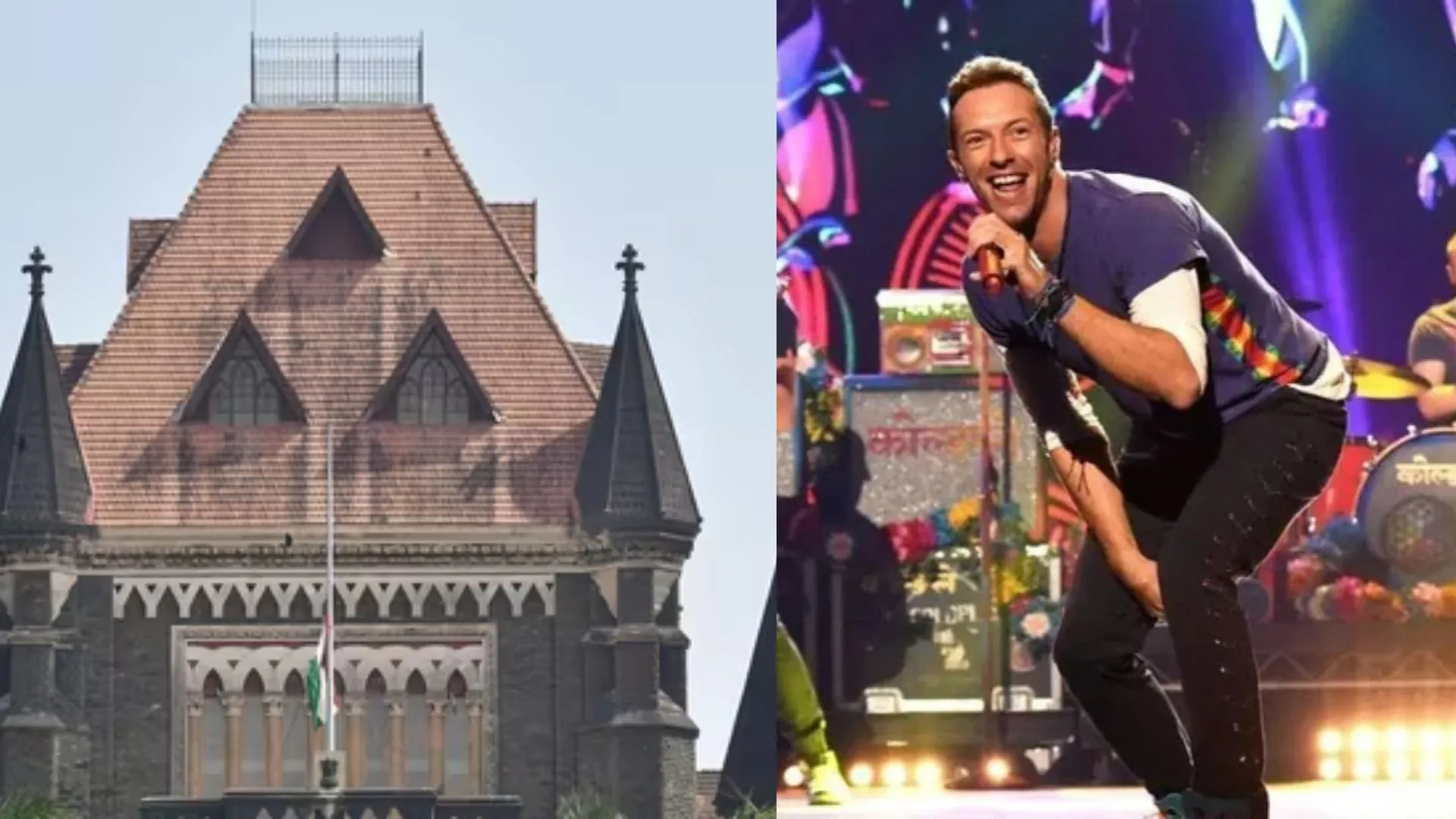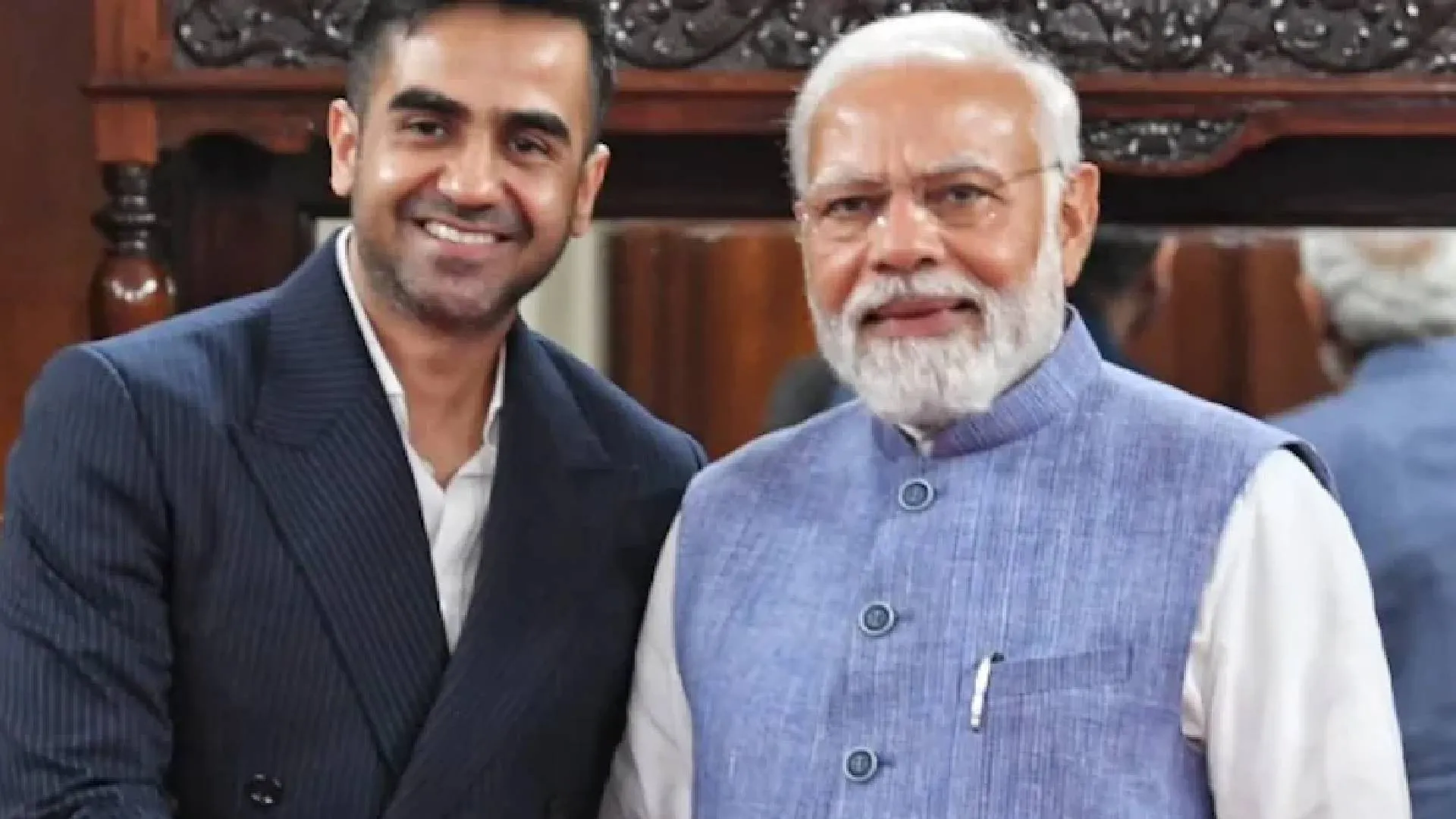The deprivation of human dignity due to wrongful imprisonment is a serious violation of right to life. To remedy this violation, many countries have developed laws recognizing right to monetary compensation as a legal right. However , no legal framework to compensate victims exists in India. The Courts in its discretion may or may not compensate the victims of wrongful imprisonment. Recently on 17.08.2021, the Gwalior Bench of Madhya Pradesh High Court consisting of Justice G.S Ahluwalia and Justice R K Shrivastava delivered an important judgment granting monetary compensation for miscarriage of justice that resulted in over 11 years of wrongful imprisonment of 3 innocent persons. However in past, the Courts have denied compensation for over 10 years of wrongful imprisonment as no law for compensating the victim has been enacted by the Parliament. These divergent views adopted by the Courts render the remedy of compensation arbitrary, episodic and indiscriminate and not so easily available to all similarly situated individuals. Thus, enactment of a legal framework for compensation of victims of wrongful imprisonment is a necessity to remove the arbitrariness involved in awarding compensation.
India’s obligation to award Compensation stems from Article 9(5) and 14 (6) of International Covenant on Civil , Political Rights(ICCPR) which obligates India to compensate victim of wrongful prosecution in accordance with law. The Supreme Court of India in Rudal Shah v State of Bihar being mindful of India’s obligation under ICCPR noted that the Court in exercise of its inherent powers can grant monetary compensation as a public law remedy to the victims of assault , battery and false imprisonment to prevent violation of right to life under the Constitution. Many Countries have translated their commitment under ICCPR into domestic law and enabled the victim of wrongful imprisonment a statutory right to compensation by conferring powers on Courts or administrative tribunals for determining of compensation amount in cases of miscarriage of justice. Among others, the UK Model is most developed and offers a comprehensive legal framework for enforcement of right of compensation as it enlists determinants for calculation of quantum of monetary damages. The Criminal Justice Act, 1988 of the UK contains a separate chapter on right of compensation and requires the Secretary General of the State to pay compensation to a victim of wrongful punishment. It assesses the amount of compensation by taking into consideration a.) harm done to reputation, b.) seriousness of the offence, c.) severity of punishment, d.) conduct of investigation and prosecution. The law limits the amount of overall compensation depending on the duration incarceration i.e less than 10 years or more. In UK, a Criminal Case Review Commission also exist to ascertain if a person has suffered miscarriage of justice. Any person who believes that they have been subjected to wrongful punishment can apply to the commission to have their case reviewed. Moreover, the UK Police Act, 1996 imputes the liability of wrongful Acts of the Constables on Chief of Police and holds him accountable for misconduct of the Constables under his control, and treat him as a joint tortfeasor and provides for payment of damages from the police fund. Thus , the Indian Government must fulfil its commitment under the ICCPR and the UK Code can serve as a model legislation to develop an exhaustive code.
WAY FORWARD
In 2018, the Delhi High expressed concern over the arbitrary and indeterminable manner in which right to compensation is seen by Courts in India. It had requested the Law Commission to undertake a comprehensive examination of the issue and make its recommendation to the Government. In light of the High Court’s order, the Law Commission in its Report No. 277 “Wrongful Prosecution (Miscarriage of Justice): legal Remedies” dated August 2018 had recommended for development of legal framework to pay monetary compensation for wrongful punishment that results in mental and social trauma. It further recommended adoption of a model bill it has prepared to amend Code of Criminal Procedure and insert a new chapter concerning right to compensation (Bill Annexed with the law commission report) . The Law Commission’s recommendations are in consonance with the ICCPR obligation and Judicial verdicts in India . The Commission’s recommendations must be accepted to allow victims of wrongful imprisonment an opportunity to enforce his/her right to compensation for wrongful imprisonment.






















